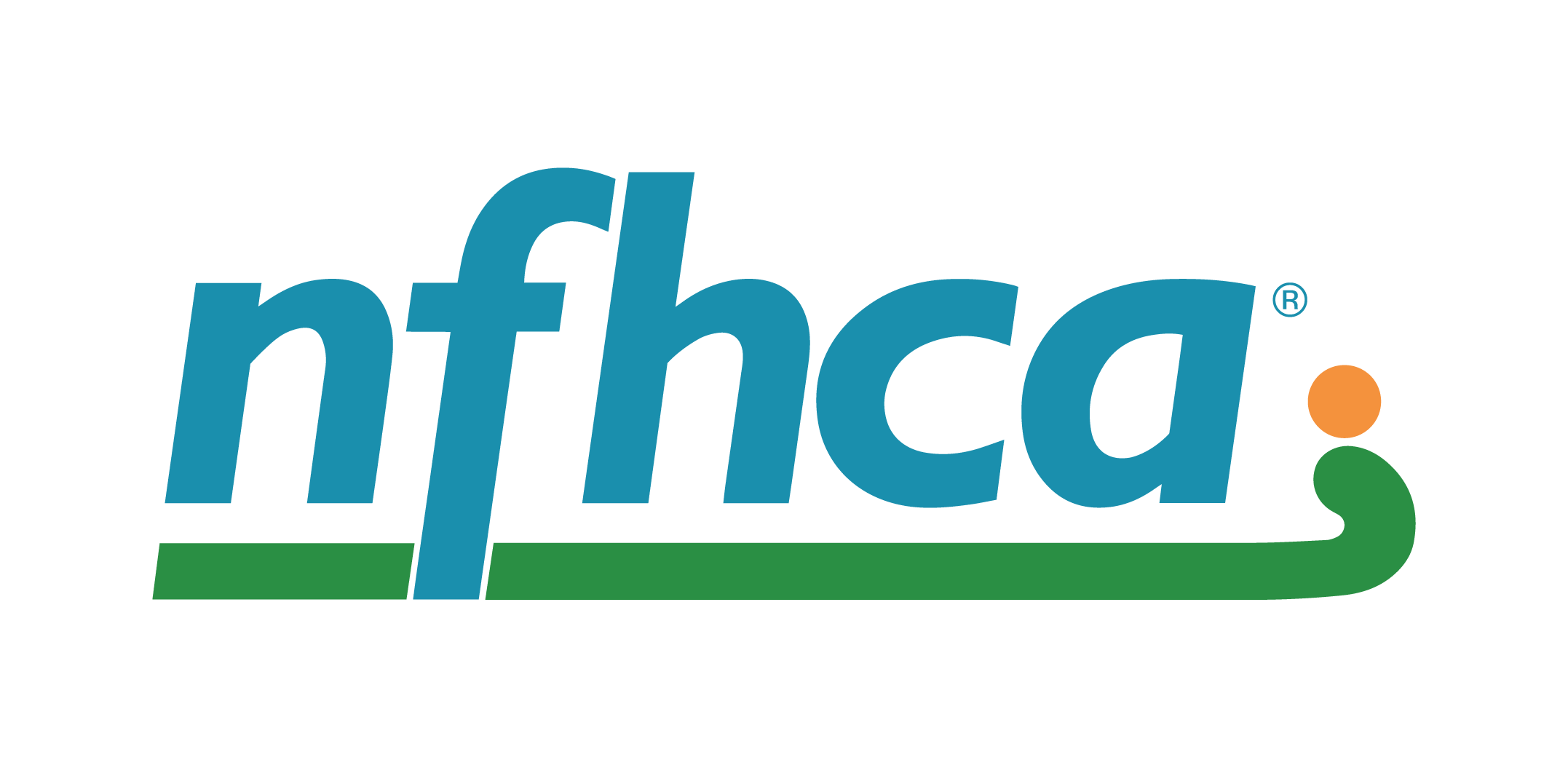The Future is in Good Hands: Sarah Duff
Under normal conditions, Sarah Duff would have just completed her senior year on the Worcester State University field hockey team, perhaps having won her second-consecutive Little East Conference championship, thus leading her team back to the NCAA Tournament.
Her plans for her senior season got completely derailed, however, by the COVID-19 pandemic, and it appears the nursing major from Warren, Mass. may have already played her final game in a Lancer uniform.
Long before her senior season got cancelled, Sarah stepped up when the virus reared its ugly head in March, working directly on the front lines of the COVID-19 pandemic. Sarah proves that the future is in good hands.
Sarah, a First Team All-LEC selection who helped Worcester State win its first ever Little East championship in 2019, usually works as a patient care assistant (PCA) on the telemetry medical surgical floor at UMass Memorial Medical Center in downtown Worcester, Mass. In the early stages of the pandemic, she was transferred to a unit dedicated strictly to patients who have tested positive for COVID-19. She has since moved to the cardiovascular intensive care unit, but still regularly works with COVID-positive patients.
As a PCA, Sarah’s job entails providing direct patient care and aiding nurses. The pandemic has caused a severe staffing shortage, which has led Sarah to pick up even more shifts than usual. Prior to the pandemic, Sarah was only working four shifts a month at the hospital. She is required to work at least 24 hours per week, but regularly puts in up to 40 hours.
Sarah admits that her role can be emotionally draining at times, but she doesn’t have a single regret. “It is very scary working at times like this, especially since I am in the thick of it, but it is also very rewarding knowing that I am helping people.”
Sarah must wear an N95 mask, goggles, gloves, and a gown throughout the hospital, but all that equipment doesn’t necessarily make her feel completely protected. “Each time I go into a room with a patient who tests positive, I think about how I could be catching the virus myself, or worse, [that I] could be bringing that same virus home to my family,” she said. “But then I think about how each person in this room is the family member of someone, and how I, right now, am this person’s sense of ‘family,’ which to me makes this risk so much more justifiable.”
“Me and another nurse may be the only interactions these people have [each] day, which is why I take time in each room to connect with the patient and make them feel like a human,” Sarah said. “The hardest thing to be asked is to hold an iPad while a family FaceTimes with sick relatives in the hospital when they are unable to communicate.”
Her time spent on the field at Worcester State has benefitted Sarah immensely since the pandemic started. “Being a team player is huge on COVID floors,” she said. “Everyone has to help each other and hold strong communication.”
Sarah is receiving top-of-the-line real-world nursing experience from working through these unprecedented times. “Not many people can say they have worked through a pandemic in their lifetime, so I find this opportunity has helped me gain invaluable experience that cannot be read about in a textbook,” she said. “Everything going on has only made me want to become a nurse more, and has helped me find the motivation to push through the last year of nursing school to finally pursue what I am most passionate about for the rest of my life.”
Even since moving away from the COVID-positive floor, Sarah still knows that the hospital still must take every possible precaution. “We still see plenty of cases of COVID and are starting to get ready for the second surge that has already begun,” she said. “I still have the same responsibilities, but [the cardiovascular ICU] requires it to be a lot more intense and life-or-death because of how sick the people are.”
“Sarah has run into the fire head on and, although the nature of her job right now is scary, she hasn’t blinked an eye,” said a proud Alexa Carlson, Worcester State head field hockey coach. “She has been an excellent leader on and off the field for our program the past three seasons, and this is just another example of her strong character and selfless nature.”
Having seen what can happen firsthand, Sarah shared some advice on how to flatten the curve. “The biggest thing others can do right now is take the stay at home [orders] seriously and stay inside,” she said. “Coronavirus is real and it is scary, so others need to do their part as well.”
While she is certainly not seeking praise, Sarah appreciates and is encouraged by the positive outpouring of support she and her coworkers have received. “Going to the break room for a meal that a local company has provided, the police parade that circled the hospital, and even the little stones set around the pathway to the hospital with words such as ‘hope,’ ‘smile,’ and ‘heroes’ are just little glimpses into the little things that keep all of us going in times like this.”
The National Field Hockey Coaches Association (NFHCA) is recognizing student-athletes who are community contributors, agents of change, and campus leaders. The Future is in Good Hands series highlights the exceptionality of field hockey student-athletes for their work on and off the field.
The content for this article was generously provided by Curtis Fraser, Sports Information Director at Worcester State University.
